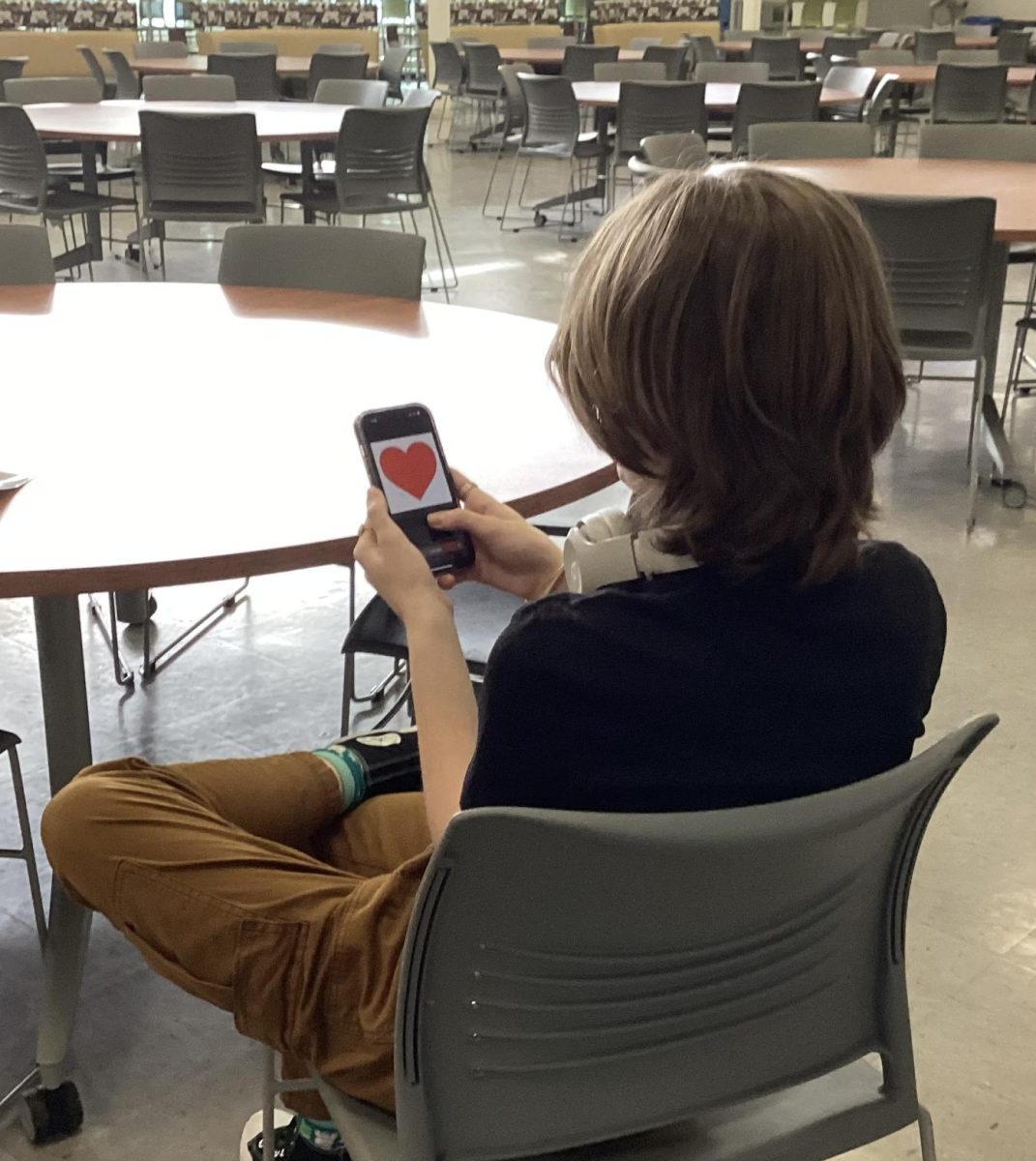For most of us, social media is a huge part of our lives. It helps us connect, communicate, and share information.
Social media has emerged as a powerful tool for raising awareness on environmental, social, and political issues. It’s given a voice to people who may not have had the power to reach out to the masses.
Let’s take the #metoo or #blacklivesmatter movements. A post of the brutality that George Floyd endured shook the nation when it was posted on Facebook. It was viewed by the entire world, and started a movement.
The platform voiced the justice that George Floyd deserved and was a catalyst for change.
The #metoo movement was no different. It began with Tarana Burke, a social activist who coined the phrase MeToo in 2006 on the network MySpace.
The #MeToo movement is still used as an empowering voice against sexual abuse.
Of course, as with most things, social media has its set of drawbacks, but it’s senseless not to recognize its numerous positive contributions to society.
For example, climate change is front and center today in terms of global issues. It’s not something that an individual, state, or even a country can tackle on its own. So how do we spark change? Where do we get the platform for a global audience? Social media.
The list goes on.
In the last few years even political campaigns and elections have been discussed and debated on social media platforms. Twitter is especially known for it. Whether it’s tackling politics, education, connecting with old friends, or dealing with serious issues, social media has clearly provided immense benefit.
Now, is it perfect? Is everything about it good? No, of course not.
Social media opposers love to point out that social media is addictive.
Yes, it can be.
It is argued that social media worsens mental health.
Yes, it can if used a lot.
However, that’s in the hands of the users. When users limit their usage and are thoughtful about their approach to posts on social media, then we can start to handle these issues.
If users don’t want to face the negatives of social media, it’s paramount to moderate how much time they’re spending on it.
There are many ways to keep social media from getting addictive. For example, implementing screen time on your devices can let you know how much time you spend online and remind you when to limit your usage.
For a more drastic measure, you can even put your devices somewhere you literally can’t get it.
Whatever you have to do to get there, reaching the point where your social media usage is limited will help you truly unlock all the benefits of it, like, for example, its ability to aid mental health.
Many don’t realize that social media has actually been proven in certain cases to enhance mental health.
Social media is exactly how it sounds; social. Just like real life, there are people on it you can connect with who could help during rough patches.
Online communities bring people with shared interests together without even having to be physically close. This helps people with mental health concerns have a space to share experiences, get advice, and feel that they aren’t alone.
According to a study by the Harvard School for Public Health: “social media use—for example, using social media as part of everyday routine and responding to content that others share—is positively associated with all three health outcomes [social well-being, positive mental health, and self-rated health]. ”
The community building aspect of social media is a huge part of why it is good for society. There’s only so many people to talk to in real life, but social media opens up a whole new world.
So, yes. Social media has its shortcomings and there are changes to be made. But, it’s an integral part of society and when used correctly, it’s actually pretty good for us.

